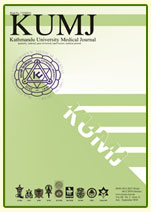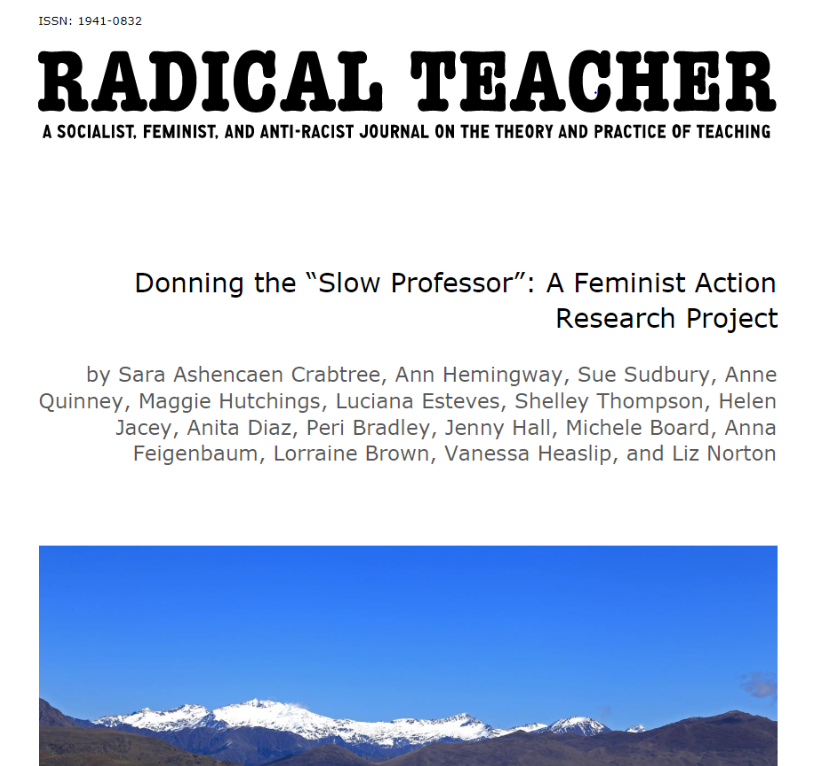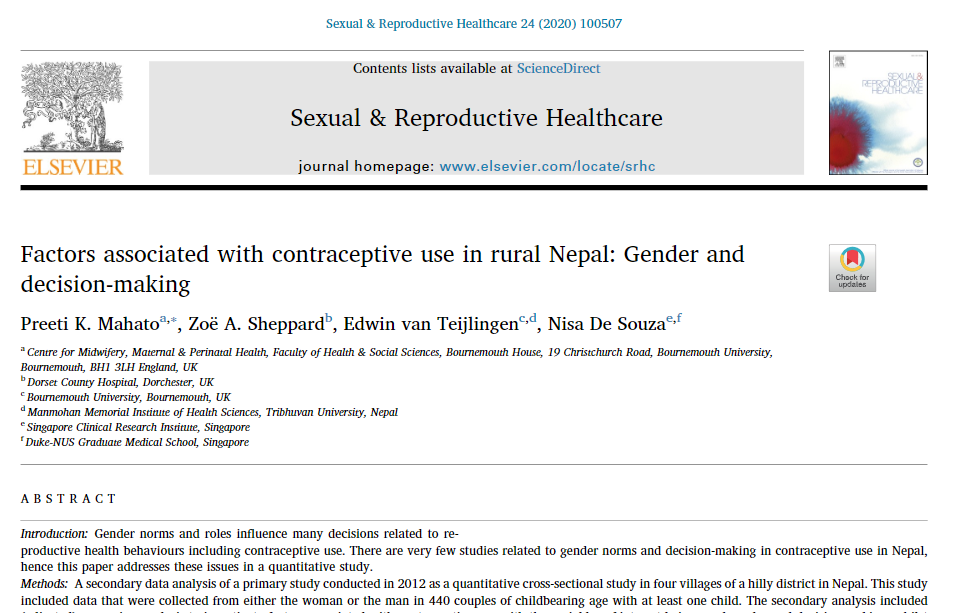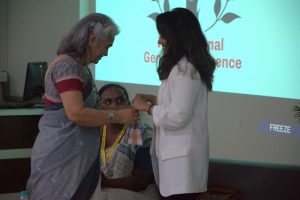Over the past fe w weeks, Parliament has seen a surge in need for access to research expertise as it engages with the COVID-19 outbreak.
w weeks, Parliament has seen a surge in need for access to research expertise as it engages with the COVID-19 outbreak.
In this rapidly evolving situation, Parliament needs quick access to researchers who can provide expert insights relating to both Coronavirus and its impacts.
Parliament and Parliamentarians use these insights to help carry out their function effectively; that is to say, to represent the people, scrutinise the Government, debate important and pressing issues and pass legislation.
To speed up the process of Parliament accessing relevant research expertise, Parliament’s Knowledge Exchange Unit (KEU) are creating a COVID-19 Outbreak Expert Database.
If you feel you have any expertise relating to the COVID-19 outbreak or its impacts, the KEU would be very grateful if you would sign up to the database. Signing up does not commit you to contributing in anyway, it’s simply so that Parliament has your details to hand and can contact you very rapidly; if they contact you and you aren’t able to respond, they will fully understand.
A link to the sign-up form is found here.
(Please ensure you let Sarah Carter, Public Affairs and Policy Officer, or your Impact Officer, know you have signed up, as we are tracking the responses.)
Staff in Parliament have identified a number of areas where Parliament may need to be able to access research expertise, listed below, and found on the sign up page. If you identify an area that has not been listed, please do feel free to give detail on the sign up form in ‘other’:
Agriculture and farming, Airlines/airports, Arts, Behavioural science, Burial and cremation, Brexit, Business, Charities, Children and families, Civil contingency planning and management, Climate change, Communicating uncertainty, , Consumer protection, Coronavirus, Coroners, Countryside, Courts, Criminal justice, Criminal law, Crisis communications, Critical national infrastructure, Data protection, Death, Defence, Economics, Education – higher and further, Education – schools, Elections, Emergency planning, Emergency services, Employment, Employment law, Energy, Environment, European Union, Financial services, Financial systems and institutions, Foreign policy, Government, Health economics, Health services, Housing, Human rights, Immigration, Immunology / vaccinology, Industry, Infection control, Inflation, Insolvency, International law, IT, Law, Legal aid, Leisure and tourism, Local government, Medicine, National security, Package holidays, Pandemics, Pensions, Police powers, Ports and maritime, Prisons, Public expenditure, Public finance, Public health, Public order, Railways, Registration of deaths, Religion, Social security and tax credits, Social services, Sports, Surveillance , Taxation, Trade, Transport, Unemployment, Virology, Waste, Water, Welfare, Welfare benefits.
 w weeks, Parliament has seen a surge in need for access to research expertise as it engages with the COVID-19 outbreak.
w weeks, Parliament has seen a surge in need for access to research expertise as it engages with the COVID-19 outbreak.






 n recognition of the important contribution that early career academics play in driving research for the future, we are delighted to continue the BU Academic Targeted Research scheme to attract and recruit talented individuals in targeted research areas. Following the successful recruitment of five new posts, we will employ one other new Senior Lecturer with significant postdoctoral expertise (or of comparable experience) with outstanding potential in alignment with the targeted research areas:
n recognition of the important contribution that early career academics play in driving research for the future, we are delighted to continue the BU Academic Targeted Research scheme to attract and recruit talented individuals in targeted research areas. Following the successful recruitment of five new posts, we will employ one other new Senior Lecturer with significant postdoctoral expertise (or of comparable experience) with outstanding potential in alignment with the targeted research areas:
 At Bournemouth University we collaborate with global institutions and organisations through our education, research and practice.
At Bournemouth University we collaborate with global institutions and organisations through our education, research and practice. funding to support 10 UK Psychology Students and Staff to visit India. This initiative receives further support from Global Engagement Hub, Bournemouth University.
funding to support 10 UK Psychology Students and Staff to visit India. This initiative receives further support from Global Engagement Hub, Bournemouth University.
 This project led by Prof. Edwin van-Teijlingen and Dr. Shanti Shanker focuses on grassroots level centers addressing the lack of accessibility in rural India. This project collaborates with the Taluka Health Officer at Paud (Mulshi, Dr Ajit Karanjkar) and local medical officers.
This project led by Prof. Edwin van-Teijlingen and Dr. Shanti Shanker focuses on grassroots level centers addressing the lack of accessibility in rural India. This project collaborates with the Taluka Health Officer at Paud (Mulshi, Dr Ajit Karanjkar) and local medical officers.














 April’s Café Scientifique – Should we help machines understand and respond to our emotions?
April’s Café Scientifique – Should we help machines understand and respond to our emotions? Postgraduate Research Experience Survey (PRES) 2024 – 2 WEEKS LEFT
Postgraduate Research Experience Survey (PRES) 2024 – 2 WEEKS LEFT Working with The Conversation: online training session – Wednesday 8th May
Working with The Conversation: online training session – Wednesday 8th May Apply for up to £1,000 to deliver an event and take part in a national festival of public engagement with research
Apply for up to £1,000 to deliver an event and take part in a national festival of public engagement with research MSCA Postdoctoral Fellowships 2024
MSCA Postdoctoral Fellowships 2024 Horizon Europe News – December 2023
Horizon Europe News – December 2023